Where did the Russian nobles get their money from, how did they spend it and why were they always in debt
Categories: History
By Pictolic https://pictolic.com/article/where-did-the-russian-nobles-get-their-money-from-how-did-they-spend-it-and-why-were-they-always-in-debt.htmlWe know from the classics that the nobles woke up late, had a sumptuous dinner, and then went to a ball or to play cards. One can guess that not all aristocrats led such a life, but the most well-off. We have also heard about the large debts of the elite, not even the poor. But where did they get the funds to spend money for years and why were they constantly owed?
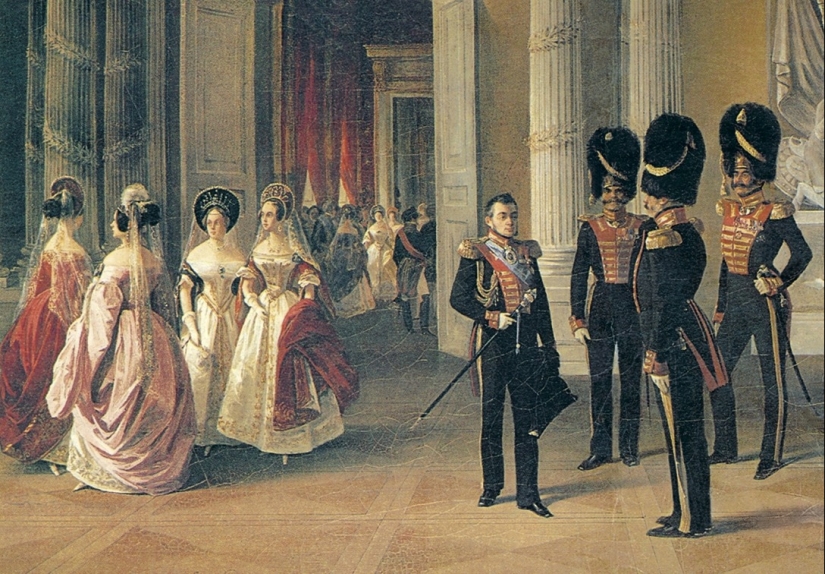
The answer to this question was given by Candidate of Historical Sciences Elena Korchmina, curator of the project "University of 8 Maples", which tells about the lives of the nobility in Of Russia.
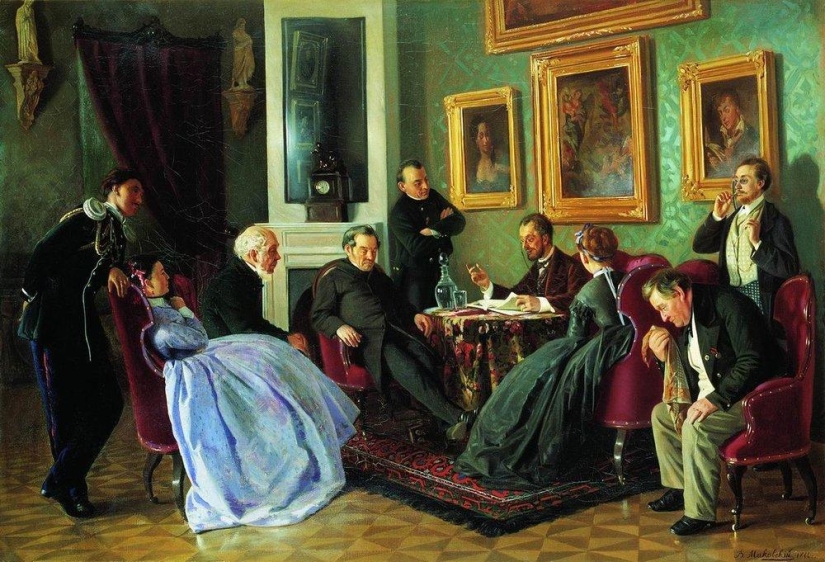
Formally, the nobility implied that a person had a special diploma. It gave the right to own the lands on which the peasants lived. He could use their conditionally free labor for his enrichment. Of course, the income from the estate could be different. Someone received very little and barely made ends meet, and someone lived more luxuriously than the monarch.
But the possession of serfs could turn into big expenses. Agriculture, which brought the main profit to the aristocrats, is often unpredictable. A crop failure could nullify all the labors of the peasants and then it was the master's turn to feed them. By law, the landowner was obliged to support the starving peasants.
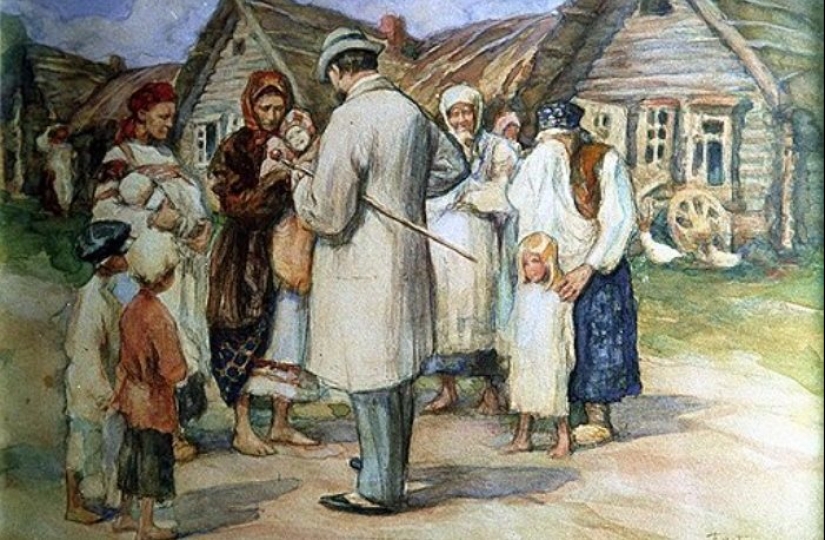
So the expenses could appear to a nobleman suddenly and be quite serious. In case of famine, it was much more profitable to own several dozen serfs than thousands. It is quite clear that very few aristocrats could carouse under such circumstances for their own. And here loans helped to live in a big way.
In addition to the right to own lands and other people, the nobleman also had a social status. He provided him with access to credit facilities. This opportunity appeared in The Russian Empire in the second half of the 18th century. Landlords borrowed huge sums against the security of their estates. But these were most often not investments in the development of agricultural production and certainly not money for social programs for serfs.
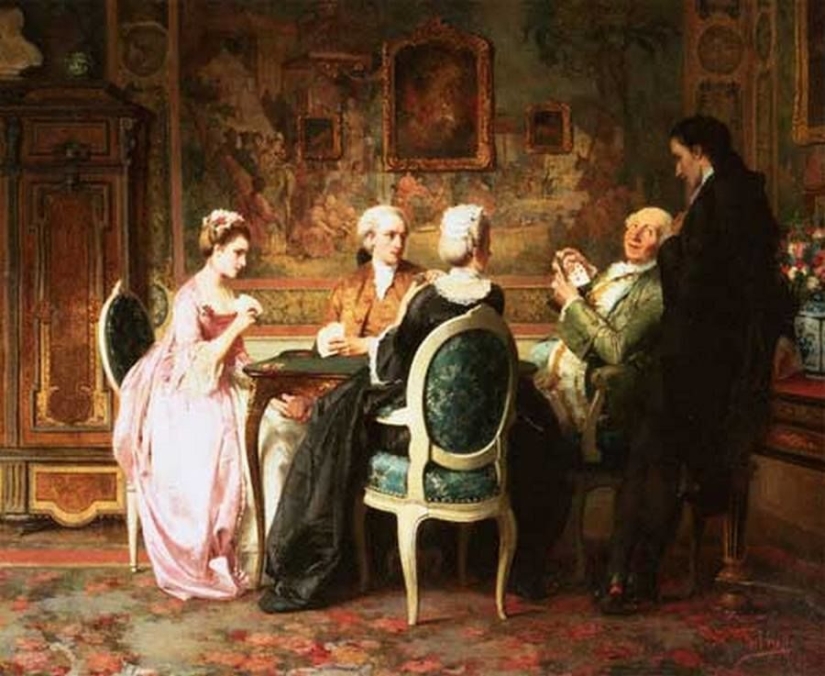
The nobles spent their borrowed money on that very luxurious life. They paid for trips abroad, the maintenance of city mansions, balls and gambling. Funds were spent on momentary pleasures and debts were constantly growing. Information about this has been preserved in the parish and expense books kept by the nobles.
It should be especially noted that in those days there was nowhere to get knowledge about the basics of economics. Therefore, I had to learn financial literacy from my own mistakes. Because of this, many nobles turned out to be heavily indebted and often their children already paid off their fathers' debts.
An important role in the relationship of nobles with banks and private creditors was played by the concept of honor. It was customary to pay off debts, as well as to pay taxes. Ignoring these rules, it was possible to be an outcast in the society of their own kind. The nobles feared this more than poverty, debtors' prison and even death. This is the reason for the frequent suicides associated with bankruptcy.
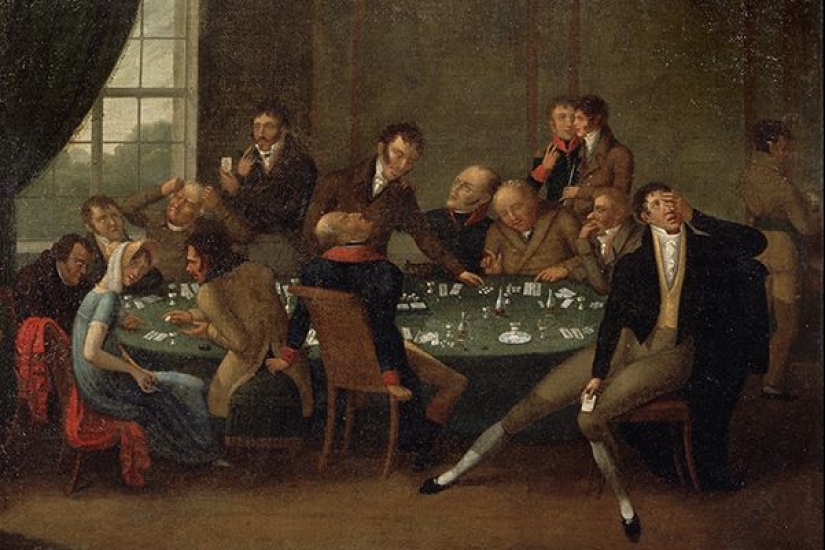
The concept of honor, according to many historians, was formed due to the fact that the nobles were exempted from military service. For them, fulfilling financial obligations was an analogue of military honor and service to the state. Personal relationships also played a role — careful payment of debts had a positive effect on credit history. Honest people were given money more willingly in the future and the amounts were larger.
Usually in In the Russian Empire, banks were state-owned. The state did not stand on ceremony with careless debtors and their estates could be in custody. This meant that the owner was deprived of access to his property and was ruled by an assembly of nobles. They themselves decided how much to allocate from the estate's profits for the debtor's life, and how much to collect as payment of the debt. They also dealt with malicious tax evaders. Sometimes the property could be "auctioned off".
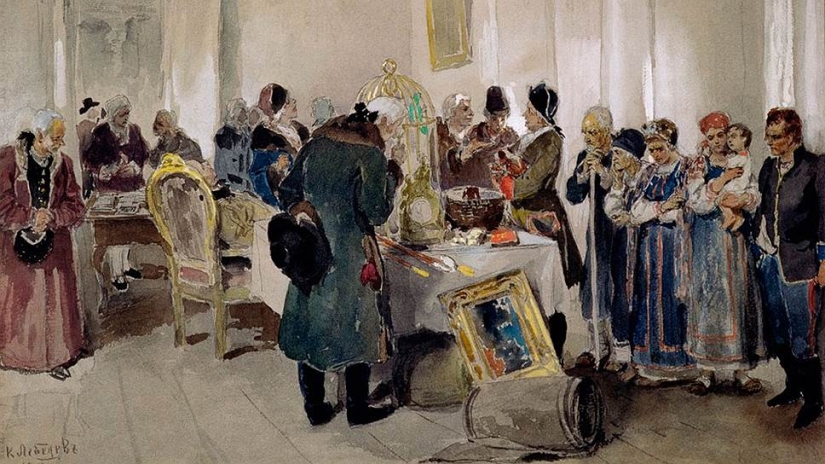
There was also a second type of debt — private. A nobleman could only borrow from people of his status. Very often they borrowed money from their own relatives. They could be parents, children, cousins, nephews and even wives. These debts also had to be repaid, but last of all, after the payment of the state.
It was allowed to borrow from people of the lower class, but not from everyone. Debts to merchants were considered normal practice. Often a nobleman borrowed goods from a shop, and then paid the debt in one payment. Such calculations happened infrequently. This is due to the fact that the landowner received income from his estate at best twice a year. Three times a year they also received a salary from the state, but it hardly covered the costs.
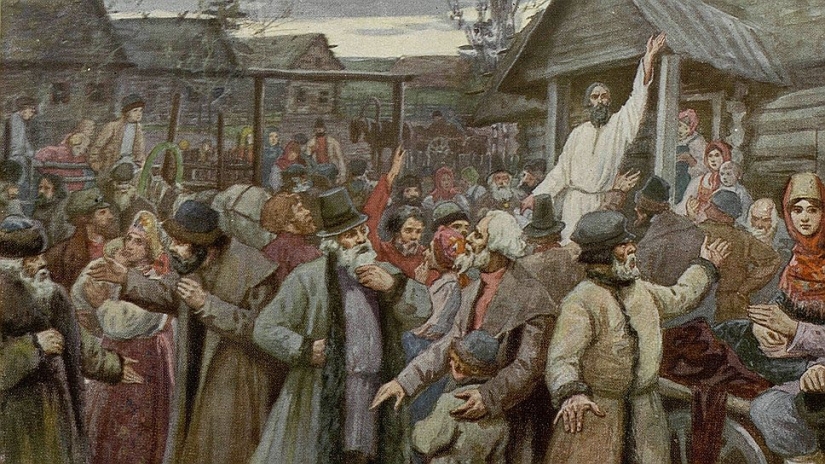
The landlords also had financial obligations to their peasants. He had to pay a little, but regularly. Therefore, every nobleman who had serfs had two cash registers. One of them was called the lord's, and the other peasant. If the landowner did not have enough money for personal needs, he often took from the peasant's cash register, while writing down the debt. Then these funds were returned to them back.
In the 18th and 19th centuries, debts were a personal matter. It was not customary to spread about them and heirs often found out about huge loan amounts after the debtor's death. When a nobleman died, an advertisement was certainly printed in the newspaper: "Such and such a nobleman has died, everyone who has financial claims, please apply within six months."
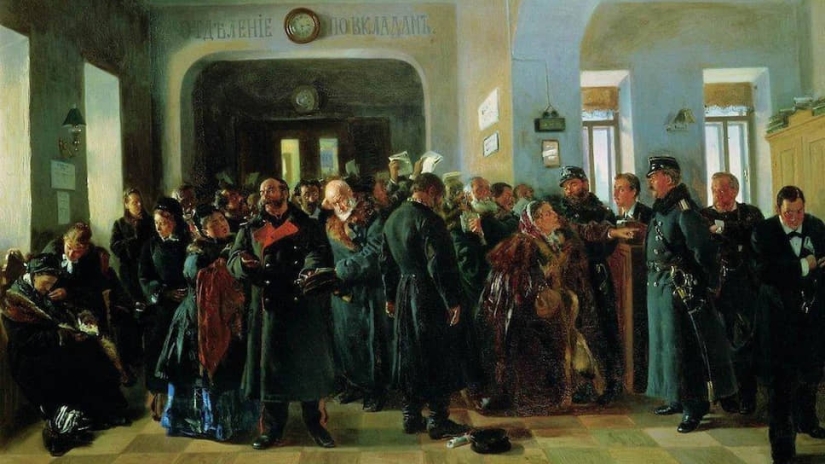
In the event that the deceased had enough money, the debts were simply paid and the issue was closed. But if there were not enough funds, the debt could be recalculated. In this case, the lender could be given 30 kopecks for 1 ruble. Debts of the deceased could be handled by different people. Most often it was a wife or heirs. Women could also be credited and were also responsible for their property to the state and private individuals.
In most cases, the nobleman did not know himself how much he owed. The full situation surfaced when he could no longer pay and was declared bankrupt or after death. Such a strange picture was due to the fact that landlords rarely received profits from their farms, and they had to spend money on living every day.
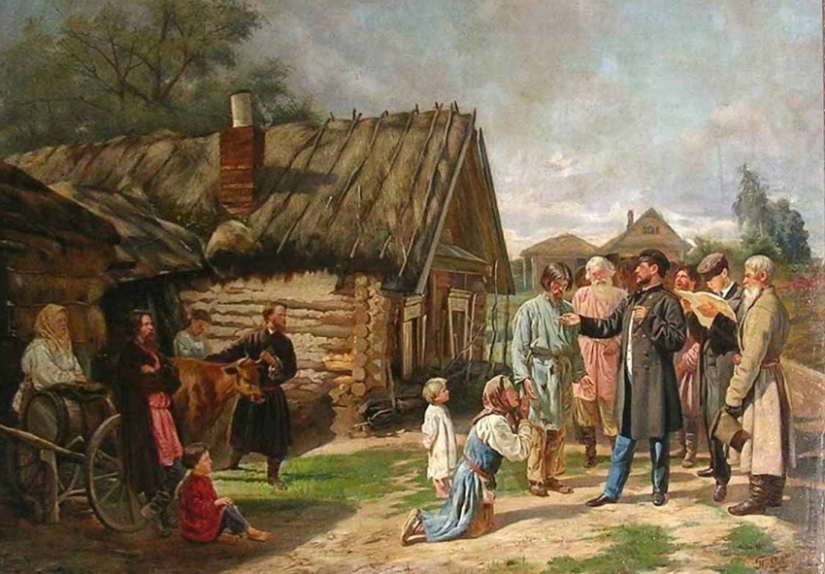
The nobleman never knew whether he would get something from his estate or not. Russia is a country of extreme agriculture and much still depends on the weather. Salaries were often delayed, so very few people could accurately plan loan repayments. The account books helped to see the full picture, but in order to keep them properly, certain knowledge is needed. Most of the aristocrats did not have them and their records were in disarray.
The nobles had quite a few items of expenditure. But the biggest one was usually construction. Owning your own big house was a matter of prestige. It seems that the landowner could attract his serfs, who were, in fact, slaves, to work, but this is not the case. Firstly, the peasants were engaged in field work for almost the entire season suitable for construction. And secondly, there were almost no skilled builders among them.
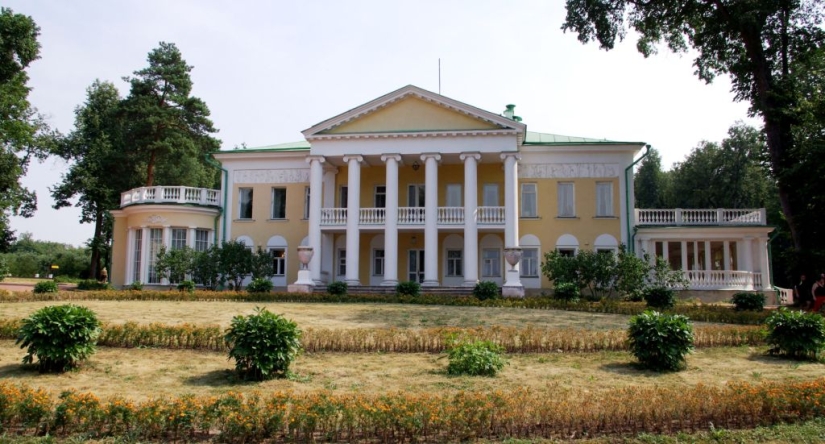
The construction was carried out by freelance specialists. To pay masons, carpenters and plasterers needed cash and a lot of it. The second major expense item is maintaining status consumption. These are expenses for the purchase of beautiful expensive clothes, jewelry, gourmet food, and the maintenance of relatives.
The young nobles were bound to go on a trip to Europe, to the so-called grand tour. Often, such a train was combined with getting an education at a prestigious educational institution. England, France, Germany or Holland. Young nobles did not go to Europe by themselves, but accompanied by 1-2 servants. These people also had to be fed and clothed, as well as given a salary.
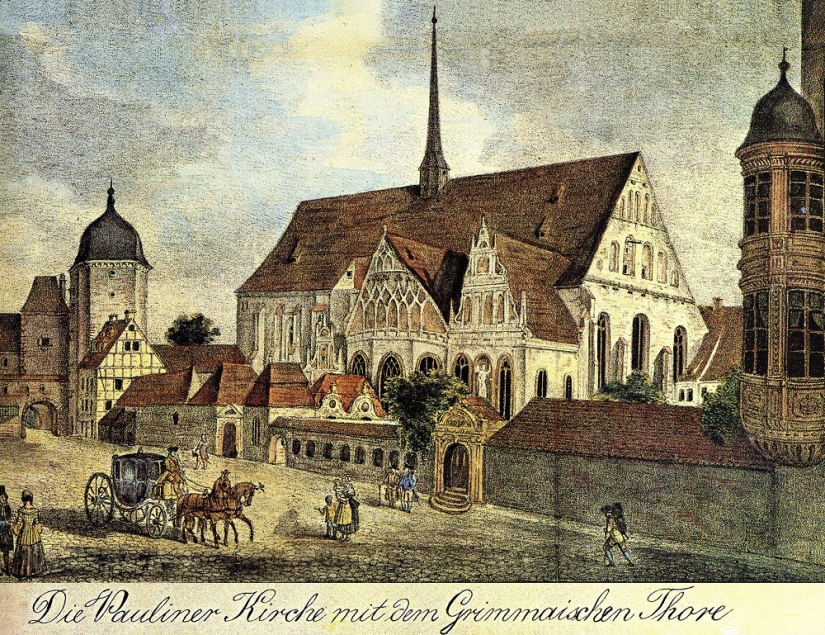
It was impossible to save money on foreign trips. Young Russian aristocrats joined local noble communities, participated in balls, played cards and went hunting. It was necessary not only for entertainment and maintaining status, but also for acquiring useful connections.
As we can see, to live a nobleman in It was incredibly difficult for the Russian Empire without debts. But large debts were commonplace for people of the upper class and few people were oppressed.
Recent articles

It's high time to admit that this whole hipster idea has gone too far. The concept has become so popular that even restaurants have ...

There is a perception that people only use 10% of their brain potential. But the heroes of our review, apparently, found a way to ...

New Year's is a time to surprise and delight loved ones not only with gifts but also with a unique presentation of the holiday ...